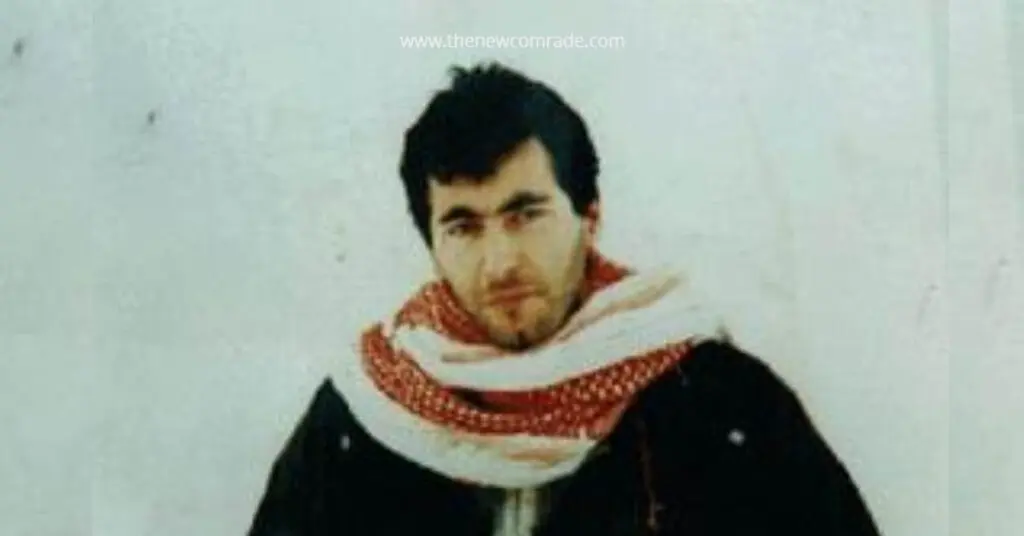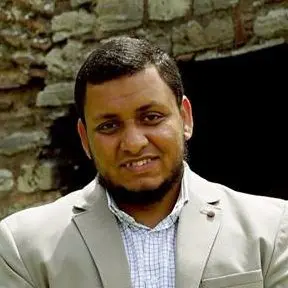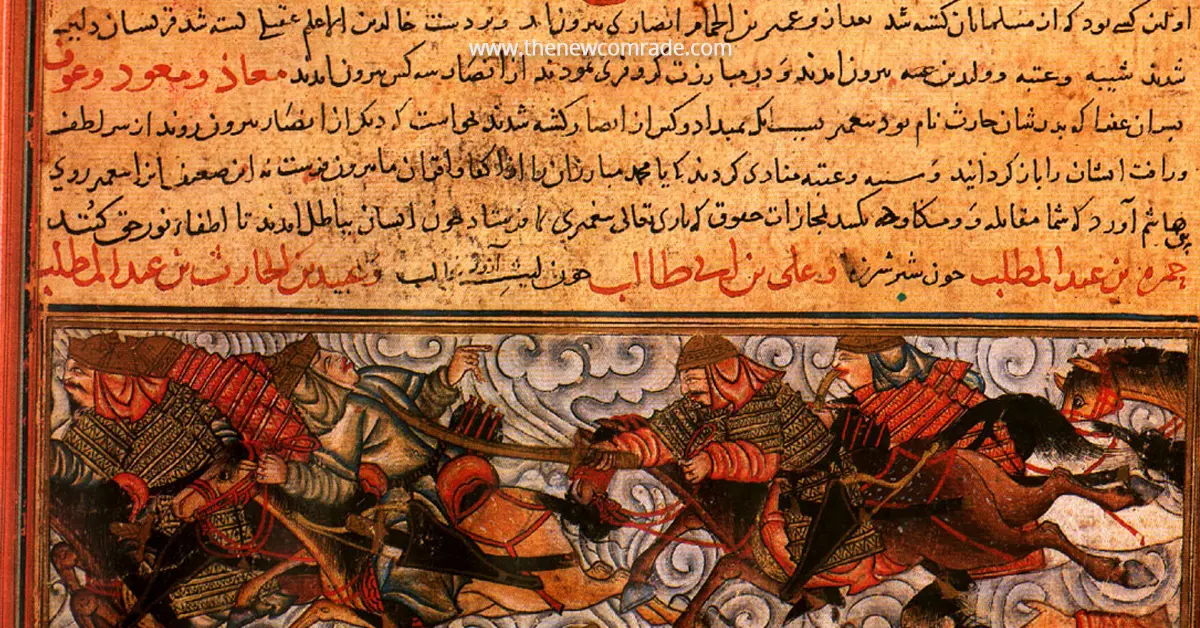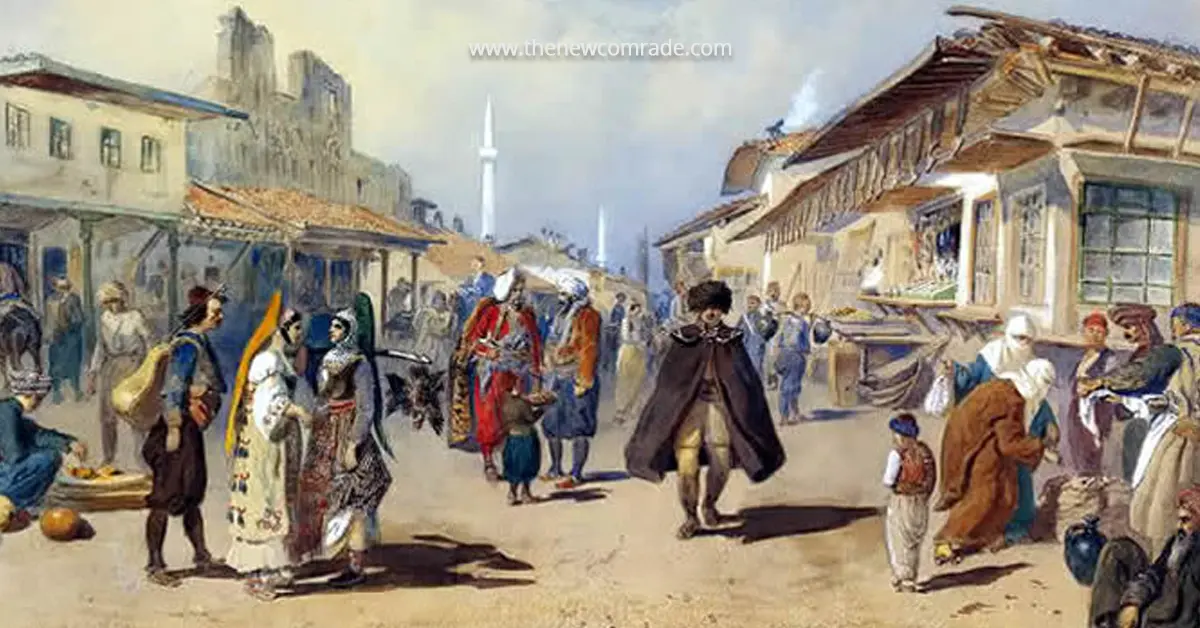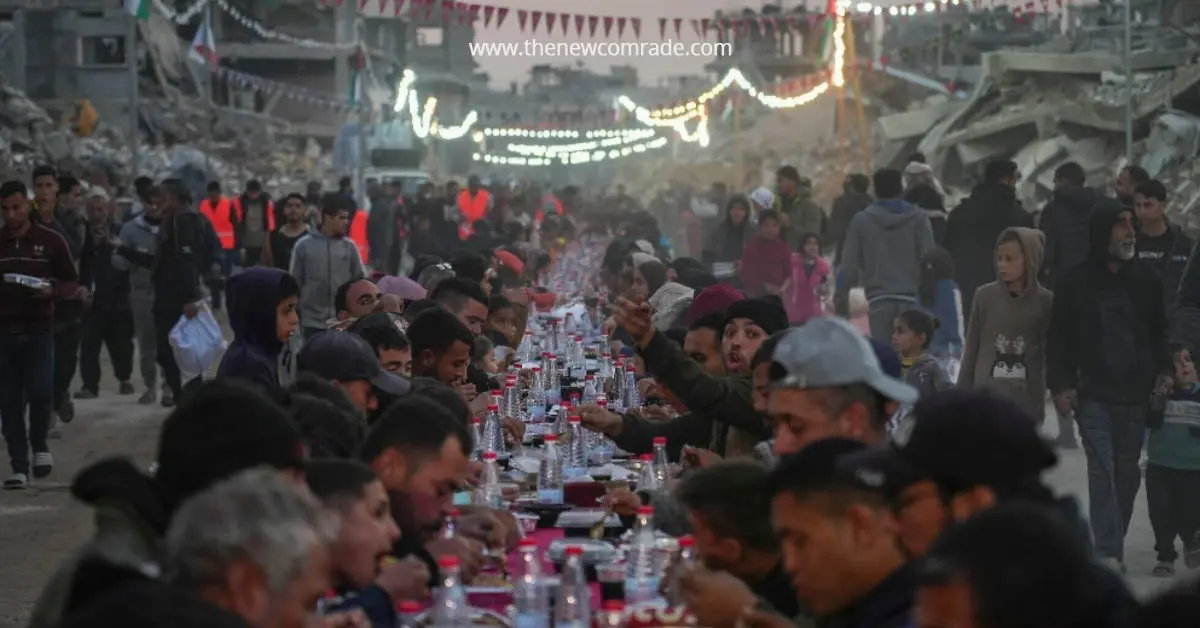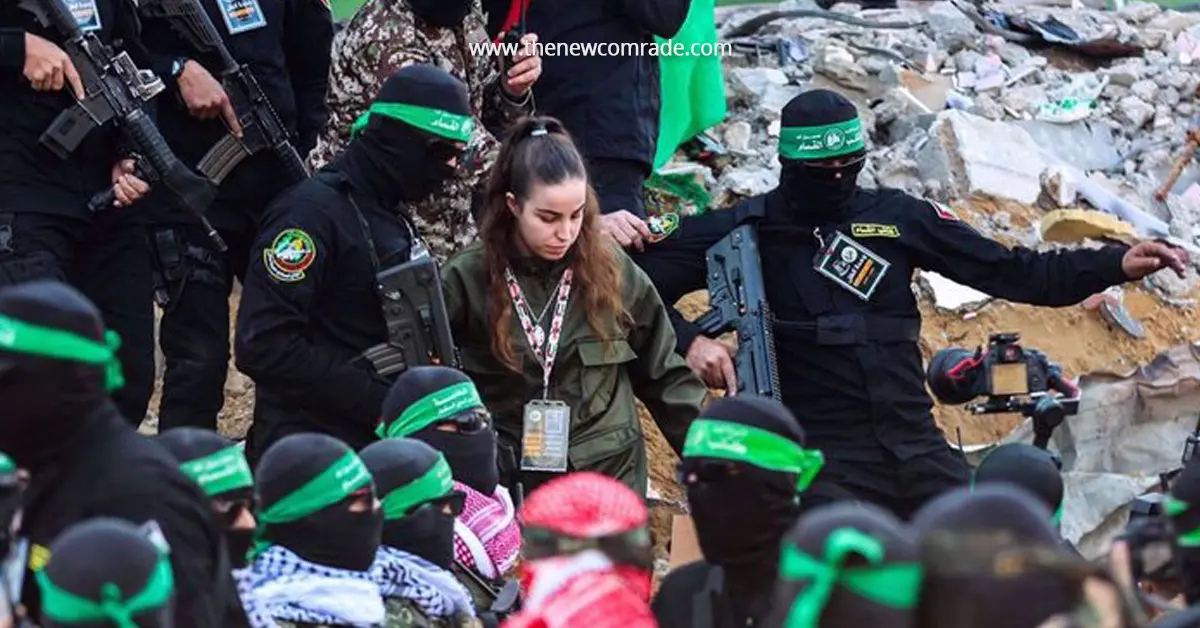“Know that engineering benefits its practitioner by illuminating one’s mind and guiding one’s thoughts ; because all its proofs are evident in their regularity and clear in their arrangement. Error rarely enters its reasoning due to its structure and order. Thus, engaging with it steers the mind away from mistakes and fosters a sharp intellect. It is said that a sign was placed at the entrance of Plato’s academy: ‘Let no one enter who is not a geometer.’ Our ancestors, may Allah have mercy on them, used to say: ‘Engaging in the science of geometry is like soap to a garment, cleansing it from filth and purifying it from stains.’ This is because of the order and regularity it imparts.” (Muqaddimah, 1/639-640)
Prior to deciding to agree or disagree with Ibn Khaldun, note that we are not quoting him to praise engineers, but to open this discussion about an “Engineer” who became a legend, viz. Yahya Ayyash!
January 6 marks the anniversary of martyrdom of Ayyash (1996), known by his pseudonym, “Engineer.” When this title is mentioned in the context of jihad and resistance, we are reminded of him, rather than the many engineers produced by universities every year!
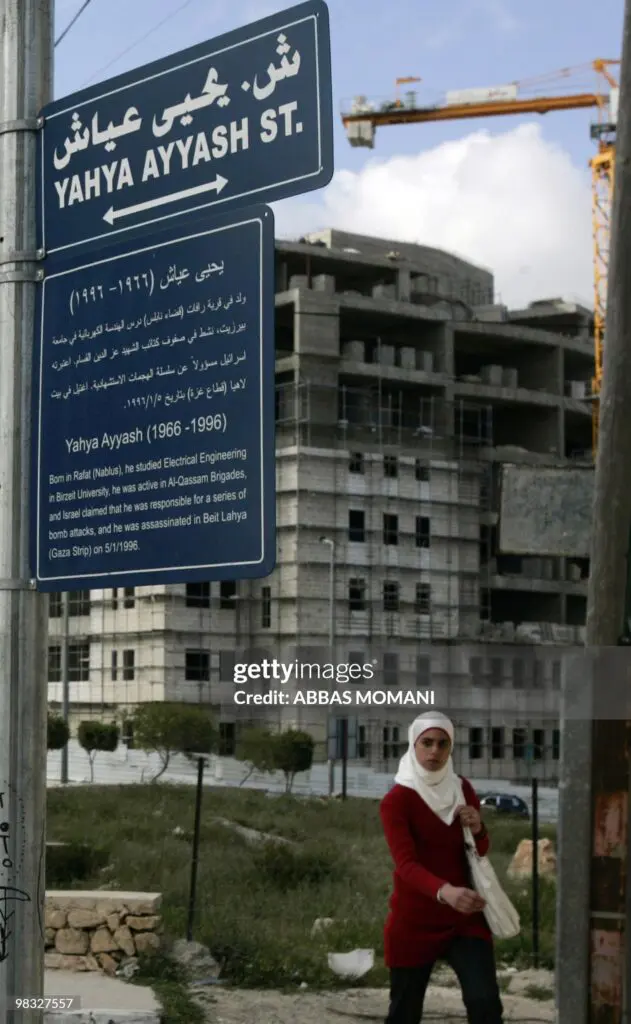
So why did “Engineer” become a legend?
Here I find relevance to the Prophetic companion Saad bin Mu’ad (RA). Saad was the leader of his people, while merely in his twenties, since after the Battle of Buath, which decimated the warriors of Aws and Khazraj. He is the one credited to the major opening – his conversion to Islam served as a catalyst for his clan to embrace Islam. They soon became the major chunk of “Ansar” companions. “Ansar” companions are the ones through whom Allah triumphed the faith. Their love is ordained by Allah. Any person carrying a mission would wish to have followers like the Ansar. They bore the flag of Islam until it was made mighty and its state was established. After this long jehad, they left this world without amassing any worldly wealth.
Saad lived merely five years into his Islam. During the Battle of Trench, he was martyred at a mere age of thirty-six. His death caused the Throne of Allah to tremble! What an honour, greatness, and stature! On the contrary, many others in the history of Islam had long lives without benefiting Islam in any way nor at whose death would even eyelids bat, leave alone trembling of Throne of Allah!
Ayyash’s time in jehad was only four years (1992-1996). When he was martyred, entire Muslim Ummah shook with grief. Enemies of Ummah, too, rejoiced at his death, as they had rid themselves of this small, slight young man who hardly attained thirty years of age (born 1966).
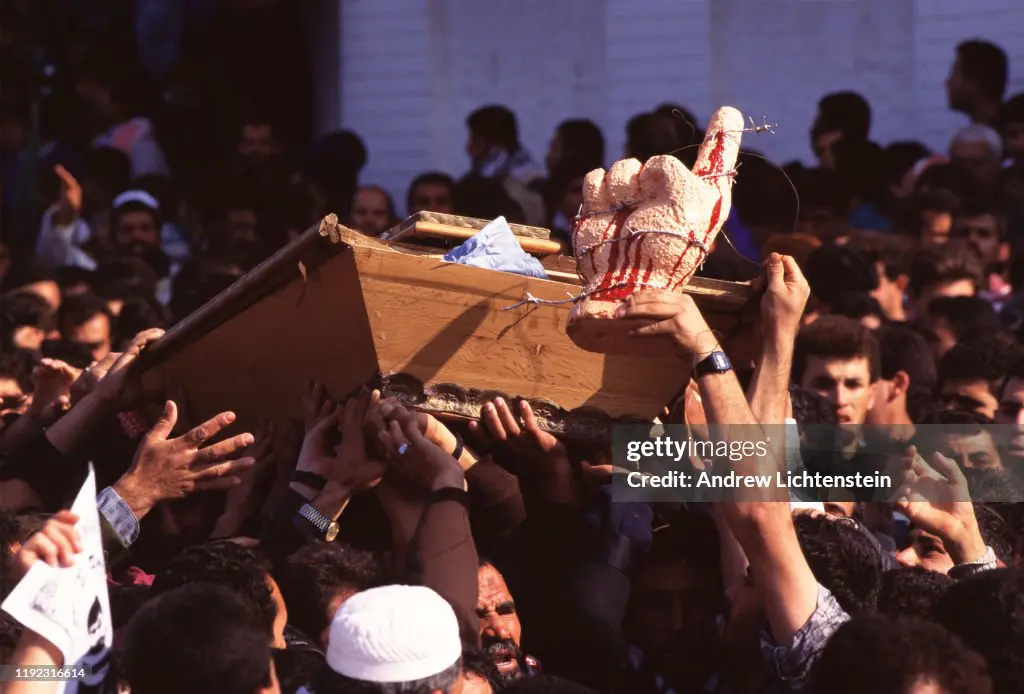
When he was born, he was very frail that no one thought he would survive. As he grew, he became attached to mosques and prayed in front rows. He learned Qur’an and was known for his calm demeanour and shyness. Only those with keen insight could perceive the great spirit within him and the fire burning beneath his quiet exterior. He excelled in his studies – he did electrical engineering and graduated with honours. However, the occupation prevented him from pursuing post-graduation in Jordan, so he remained in Palestine, destined to inflict pain upon the occupation. He became a martyr – Allah’s choice for him was far better than his own.
Yahya did not become a legend merely because of his education; his legend grew for what followed.
Islamic resistance, at the time, was struggling with shortages in many areas: men, money, weapons, and organisation. Emad Aqel – one of the pioneers and great heroes of the resistance before Yahya Ayyash – had even, upon being brought an M16 rifle, began hugging and kissing it, crying, holding it close, and turning it in his hands as if he had seen a precious treasure. At first, the resistance had only a single rifle that moved between West Bank and Gaza, and perhaps a few pistols obtained from various sources. With such limited resources, they had no choice but to engage in direct combat, which was similar to a martyrdom operation with little harm to the enemy.
Then came Yahya Ayyash, who revolutionised the resistance. He mastered the craft of making explosives from locally available materials in Palestine. Ayyash was an inventor who meticulously applied gunpowder research until he succeeded. With this knowledge, the resistance was able to inflict damage on the enemy while protecting its own fighters. Even if a martyrdom operation was required, it began to cause significant harm to the enemy.
This was a turning point in the balance between resistance and enemy. It was here that the legend of “Engineer” began to emerge!
Another part of his legend lies in his ability to deceive Zionist security services, supported by Palestinian authority’s security forces. Despite intense surveillance, he managed to remain free in the West Bank, later escaping to Gaza. He even managed to smuggle his wife and child to Gaza. Then he smuggled his mother to meet him and returned her to West Bank.
After four years of evading capture, Zionist intelligence, after numerous meetings and plans, tracked him down through a Palestinian agent. They sent him a mobile phone loaded with light explosives. The martyr was expecting a call from his father. The informant disconnected landline in the area to force the martyr to use this mobile phone. A Zionist warplane was hovering above the house that had been monitored. When the call took place, it took no more than fifteen seconds for Zionists to confirm the martyr’s voice, and the phone was detonated, severely disfiguring right side of his face and his right hand, marking end of a legend!
Ayyash’s martyrdom was, ironically, also by means of an engineering invention – a mobile phone battery containing light explosives that could be triggered by frequencies of a phone call.
This highlights the difference between being an engineer in a state striving for progress and being an engineer under a corrupt, collaborative authority. In the former, an engineer is able to create something monumental; in the latter, he becomes a target, pursued until his end.
Had it not been for the collaborators and the Palestinian Authority, led by late Yaser Arafat, Palestinian resistance could have scaled unprecedented successes. Evidence of this could be seen in the contrast between West Bank – where people still struggle with basic weapons like knives – and Gaza – which, liberated from collaborators, now produces missiles, drones, and conducts highly meticulous security operations. Hence, Zionist occupation, that allegedly usurped four Arab countries in six days, could not win over the tiny Gaza Strip, which is geographically exposed and monitored round the clock after multiple wars!! This is despite the fact that the Strip is besieged by agents of Egyptian and Palestinian authorities. If Gaza Strip were not to have this siege, its military and technical achievements would have advanced much further than what is visible now.
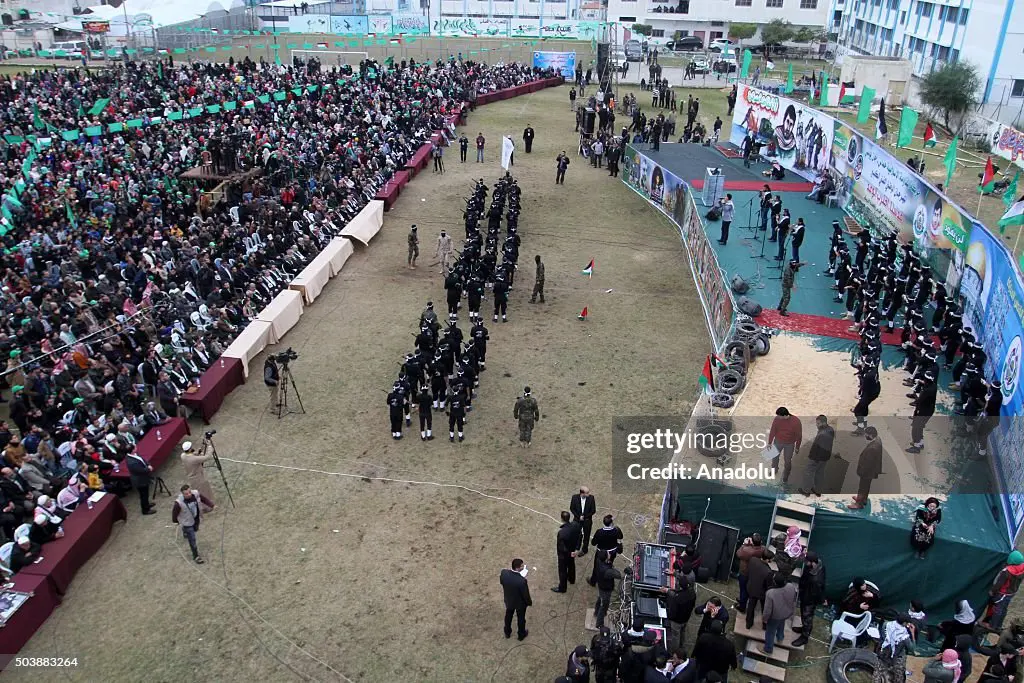
Ayyash’s martyrdom highlights the role of these treacherous Arab regimes that serve as enemies’ eyes, arms, and voices – often more harmful than the enemy itself – as they are, in the usage of a Hadith, “of our own kind and speak our language”. This is something that should be firmly rooted in the conviction of commoners as well as groups. It is a reality is that the demise of these regimes – even if the alternative is chaos – is better than their existence. It is a historical reality that direct, explicit occupation could not harm us to the extent of what these regimes did ; rather it could not affect, or establish its existence, except through these agent regimes.
For instance, Hasan Salamah – who led revenge operations for Yahya Ayyash, is currently held in a Zionist prison. Did you know that he was detained by Palestinian Authority! Did you know that he is charged by Egyptian authorities of storming borders during January Revolution and freeing prisoners, and that the “lofty” Egyptian judiciary slapped charges upon him and sentenced him to death!!
In our states, you only find scholars in graves, prisons, or exiles, or, at best, dying of regret from the helplessness and corruption that prevents them from doing things worthwhile. I remember, perhaps in 2002, reading in Ahram daily, a letter from a professor of nuclear engineering. In this letter, he articulated his memories of a batch of Nuclear Engineering Department at Alexandria University, and recalled how his friend was then a professor in America, another in Canada, and another in Australia, concluding with a question: What is the benefit of a Nuclear Engineering Department if all its graduates continued their careers abroad!
The stories about those who tried to invent or develop weapons, or create military applications out of civic theories, are full of horrific and unbelievable tragedies. We are not backward nations, rather nations that these agent regimes forced to be backward by conscious, deliberate and determined decisions, not merely through corruption, negligence and stupidity. This is something that those who tried know very well.
Currently, no one could sufficiently gauge the extent of the catastrophe that befell Egypt unless they know profiles of some of those who were killed in Rabi’ah square or some of those who are now in prisons. Among them were geniuses, inventors and those who overflow with energy and activity in shaping better future.
Sayed Qutb, with his penetrating insight, had adviced people of Jerusalem in the early fifties not to think about relying on Arab armies, but to rely on themselves – a word that was rooted in the mind and heart of Ebrahim Ghosheh, a founder of Hamas. He comprehended it well since his young age, as he heard it from Sayed Qutb himself.
Sheikh Ahmed Yasin states, in an interview, that were it not for the Arab armies Nakbah would not have happened. It is because the Arab armies used to enter Palestinian villages and take away weapons from people. During confrontations, they would cede defeat and withdraw before the Zionists, leaving people without weapons!!
We could delve into dark military histories of these Arab regimes that did not achieve a single victory over their real enemy. If they had a partial victory here or there in minor battles, it was only with support and efforts of popular resistance. Were it not for popular participation, they would not have opted for those victories even! All the while, these armies did not hesitate to crush cities and towns and carry out massacres against their own countrymen. This exposes bare reality – not requiring any wild guess or far-fetched analysis – that the demise of these regimes is better than their survival in all cases. Society in the most chaotic moments did not consume some of itself as it was devoured on the altar of these regimes!
This is a major lesson that ought to be understood and benefited from!
There is another lesson.. which is regarding employing talents!
Muslim groups ought to work on employing talents and capabilities, and even strive to discover and develop them, as much as it can. If Ayyash had been consumed in administrative / organisational / media / activist chores, or areas other than his practical talent, he would not have become the Yahya Ayyash that we know now. He would not have added value to the Ummah, as he did now. We are faced with a bitter question : How many legends does the Muslim groups kill due to poor leadership – who could have achieved great leaps in its history! How many “Yahya Ayyash”’s talents were drained in charity, activist, or administrative tasks due to the shortsightedness of those responsible for it!
If the enemy assassinated a legendary engineer, how many legends exist amongst us buried alive!
Finally, a lesson for every talented person, especially those in scientific aspects – to strive create own legends. Every talented person has a legend inside him waiting to emerge out, waiting for the expenditure of most precious and valuable efforts, time and money. If we blame those in leadership who are short-sighted, we must at the same time blame those who surrendered to shortsightedness, submitted to their wrong decisions and did not strive to create own legend, placing oneself where Allah is pleased and where Ummah benefits in the long term and wide range – not the organisational exigencies at local levels, neighborhoods, unions or legislatures.
Originally published in author’s blog
Translated by Reem Al Haddad (Gaza)
Disclaimer: The opinions expressed in this article are solely the author’s and do not neccessarily reflect the opinions or beliefs of the website and its affiliates.
